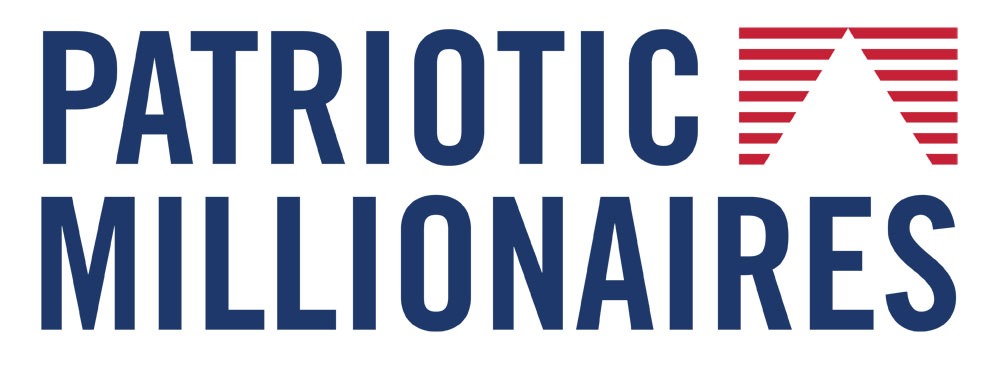
December 29, 2019; Deseret News and the New Yorker
Gillian Friedman recently explored the issues posed by even partially displacing government responsibility with billionaire philanthropy in the Deseret News, using Amazon’s Jeff Bezos, the world’s wealthiest man, as a dramatic case example. Faced with growing homelessness that demanded new resources, Seattle tried to raise additional funds by enacting a head tax that would ask the city’s largest and wealthiest businesses to pay more. Along with other business leaders, Bezos led a successful effort, one described by the Atlantic as “well-funded and vicious,” to prevent the tax from going into effect. Soon after, Bezos announced that he had a new interest in philanthropy, which included a $1 billion commitment to combat homelessness.
This kind of expenditure has the capacity to mutate approaches to social problems. The opinions of the public who will be affected by those approaches are displaced by a single “voice” amplified by extracted capital—which is likely taxed only minimally.
Not everyone sees a problem here. Rhodri Davies, the head of policy for the UK-based Charities Aid Foundation, sees this as a mandate to maximize the power of philanthropy, telling the Deseret News, “It is precisely that freedom to go against the status quo and be a bit anti-democratic that has allowed philanthropy to move the needle on a lot of social issues because it’s able to go against the public opinion at the time and take on unpopular causes and drive social change.”
“Philanthropy has a really important role to play in making sure the minority’s views can be heard,” Davies says, “and bringing some of those issues to mainstream political attention…that’s good for democracy.”
Of course, this stance ignores that, as with wealth, philanthropic support has been increasingly concentrated in the hands of a small slice of the population, and this concentration is dangerous. When philanthropy replaces public funding, the vision of one wealthy person or one well-endowed foundation can drive policy outside the checks and balances of democratic governments. According to Jon Valant, an education policy expert at the Brookings Institution, the public should be concerned about the vision and political interests of large donors. Valant told the Associated Press back in 2018, “We ought to be paying more attention to who these organizations are, and what kind of vision they have and what drives them…A lot of these organizations have extraordinary influence, and it’s often pretty quiet influence.”
Sign up for our free newsletters
Subscribe to NPQ's newsletters to have our top stories delivered directly to your inbox.
By signing up, you agree to our privacy policy and terms of use, and to receive messages from NPQ and our partners.
Rob Reich, co-director of Stanford University’s Center on Philanthropy and Civil Society, put this danger more directly in his book, Just Giving: Why Philanthropy is Failing Democracy and How it Can Do Better:
Big donor philanthropy…is a form of power that is unaccountable, low on transparency, donor-directed, and by default perpetual. Big philanthropy is a plutocratic element in democratic society.
According to a recent article in the New Yorker, a small group calling themselves the Patriotic Millionaires has recognized that government action, rather than a “giving pledge,” is needed. It begins with a simple mantra—“Please raise our taxes.”
The members now have the broader goal of pressuring their wealthy peers to confront what they believe are the destructive effects of trickle-down economics—the idea, which has driven US policy decisions for several decades and has largely been debunked, that reducing taxes on businesses and the wealthy will benefit low- and middle-income workers.
The Patriotic Millionaires support a higher minimum wage and greater taxes on “corporations and the rich.” One of this group’s members, former investment banker Eric Schoenberg, says, “If you want to change social norms, you’ve got to be out there going public about your beliefs.” As Abigail Disney tweeted, “What on earth would be wrong with shifting some of the profits—the fruits of these employees’ labor—to some folks other than those at the top?”
Political strategist Erica Payne sees the importance of the Patriotic Millionaires’ message, but also notes how it has been hard to grow their movement. “I think the last time I checked there were about 375,000 taxpayers in the country who make a million dollars a year in income—and we have a couple hundred members. If you ever needed a back-of-the-envelope calculation of how many of America’s élite are concerned about the basic well-being of their fellow-citizens, that should give you a rough estimate.”
Some may be heartened by the idea that some of the wealthiest people recognize their personal actions cannot replace the role our democratic institutions must play. However, it’s still a small wave in a large and growing pool. We may not be able to wait patiently for the ranks of the Patriotic Millionaires to grow before we take action to rebalance the roles of government and the philanthropic sector.—Martin Levine













